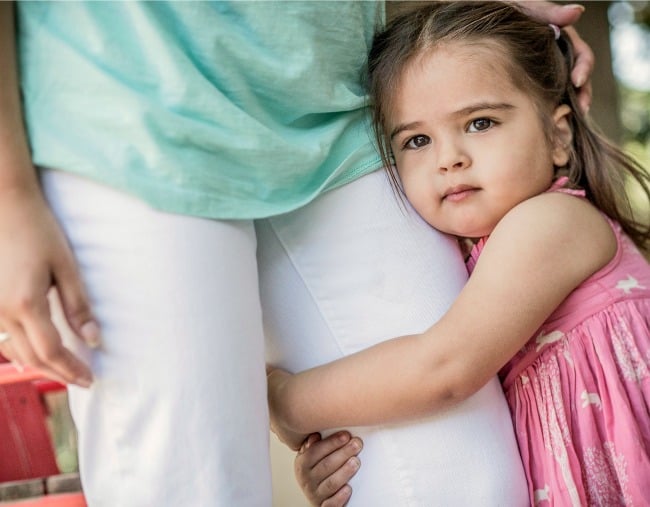
* Names have been changed to protect the privacy of the interviewees, but their identities are known to Mamamia.
Catherine* is a busy working mum of two pre-teenage children who both suffer with moderate cases of anxiety and depression. While trying to help her kids navigate the complexities of their feelings, she has asked herself in darker moments whether or not she is responsible for their issues.
“I have had my own journey with anxiety and depression and so the mother-guilt plays in the back of my mind often and I wonder, ‘did I cause this?’ My son suffers with anxiety whereas my daughter struggles with low mood and depression, so they have quite different issues and needs.”
Catherine believes that her son’s anxiety began when he was just a toddler after he became separated from her in a shopping centre.
“He was always a thoughtful and sensitive child and I remember how traumatised he seemed that day when he thought he had lost me. It was only a matter of seconds and yet since that moment he has always had a thing about getting lost or trapped.
“On a recent bush walk he became extremely agitated and panicked to the point where we had to stop and calm him down as he was verbally repeating to himself that he ‘couldn’t keep going.’ It was very distressing for the whole family.”
Psychologist and mum-of-three, Giuliette Moran, of Empowering Parents, says that while seeking professional support is advised as early as possible, there are some first-steps you can make to help your child/children.
“When a child appears to be struggling with a difficult feeling, it is important to acknowledge it and support them to identify more appropriate ways to act in order to manage and regulate their emotions.”

